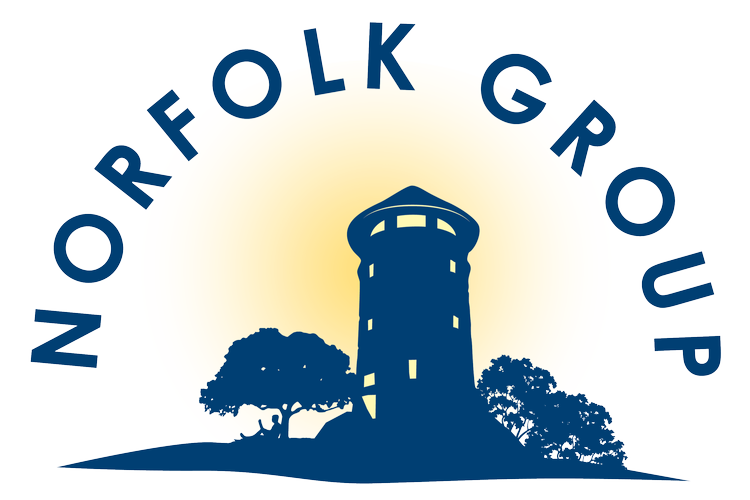EXECUTIVE SUMMARY
In this document we list specific questions on specific topics related to COVID-19 pandemic responses in the United States. We believe these questions are vital for the nation to ask the White House, the CDC, the FDA, and other government officials, as well as state health departments, scientists, and the media. The public deserves answers to these questions so we can learn from our mistakes. Key issues include:
What could have been done to better protect older high-risk Americans, so that fewer of them died or were hospitalized due to COVID-19?
Why was there widespread questioning of infection-acquired immunity by government officials and some prominent scientists? How did this hinder our fight against the virus?
Why were schools and universities closed despite early evidence about the enormous age-gradient in COVID-19 mortality, early data showing that schools were not major sources of spread, and early evidence that school closures would cause enormous collateral damage to the education and mental health of children and young adults?
Why was there an almost exclusive focus on COVID-19 to the detriment of recognizing and mitigating collateral damage on other aspects of public health, including but not limited to, cancer screening and treatment, diabetes, cardio-vascular diseases, childhood vaccinations, and mental health?
Why did the CDC fail to collect timely data to properly monitor and understand the pandemic? Why did we have to rely on studies from private initiatives and from other countries to understand the behavior of the virus and the effects of therapeutics, including vaccines?
Why was there so much emphasis and trust in complex epidemiological models, which are by nature unreliable during the middle of an epidemic, with unknown input parameters and questionable assumptions?
Could therapeutic trials have been run in a more timely manner? How was information on drug effectiveness and safety disseminated to doctors and clinicians? Were effective therapeutics easily accessible across the population? How did certain drugs become heavily politicized?
Why did vaccine randomized trials not evaluate mortality, hospitalization, and transmission as primary endpoints? Why were they terminated early? Why were there so few studies from the highest-quality CDC and FDA vaccine safety systems?
Why was the USA slow to approve and roll out critical COVID-19 testing capacity? Why was there more emphasis on testing young asymptomatic individuals than on testing to better protect older high-risk Americans? Why was so much effort spent on contact-tracing efforts?
Why was there an emphasis on community masking and mask mandates, which had weak or no data to support them, at the expense of efficient and critical COVID-19 mitigation efforts? Why did the CDC or NIH not fund large randomized trials to evaluate the efficacy and potential harms of mask wearing? Why didn’t policy recommendations change after the publication of randomized trial data from Denmark and Bangladesh which showed no or minimal efficacy of mask wearing by the public?
